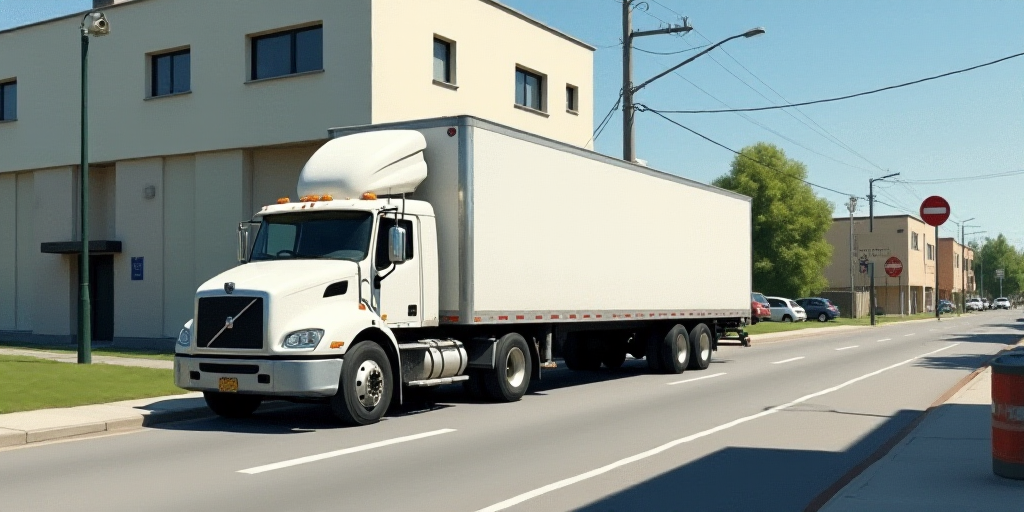Background on the Comisión Nacional de Energía (CNE)
The Comisión Nacional de Energía (CNE) is a Mexican government body responsible for overseeing the energy sector, including petroleum, natural gas, and petrochemicals. The CNE ensures the security, reliability, and sustainability of energy supply in Mexico.
New Regulations for Fuel Transporters
In an effort to curb fuel theft and ensure complete traceability, the CNE has issued technical and administrative guidelines through the Diario Oficial de la Federación (DOF). These regulations mandate that all vehicles transporting gasoline, diesel, liquefied petroleum gas (LPG), and petrochemicals across the country via non-pipeline means must have a visible marking, a unique QR code, and an active GPS system.
QR Code Details
The CNE will issue high-durability reflective stickers with an intransferible QR code, exclusive to the Commission. This QR code will allow real-time validation of transporter permits, product legality, operator identity, and active insurance policies. The QR code will also provide information about the route and volume being transported.
- Public Information: Some data will be available to the general public.
- Confidential Information: The complete version will be accessible to authorities through the Sistema de Registro, Administración y Control a Permisionarias (SIRACP).
GPS Tracking Requirements
All units must carry an active and certified GPS device transmitting real-time information using advanced digital security protocols. The devices must maintain geolocation records for 12 months.
Failure to comply with GPS requirements will be considered a serious offense, subject to penalties from the authorities.
Implementation Timeline
The CNE will notify current permit holders within 15 business days. These permit holders will have an additional 20 days to implement the marking and QR code usage on their pipas (tanks) and autotanques (self-propelled tanker trucks).
New units must comply with these requirements before commencing operations.
Supervision and Enforcement
The CNE will supervise compliance, imposing sanctions for non-compliance. Citizen reporting mechanisms and digital audits through the SIRACP will be established to strengthen control over hydrocarbon transportation.
The CNE aims to ensure no fuel circulates without digital identification, aligning with international standards for logistical traceability and safeguarding both the energy sector and the public from risks associated with illegal hydrocarbon transportation.






